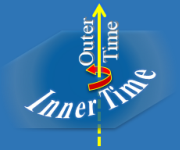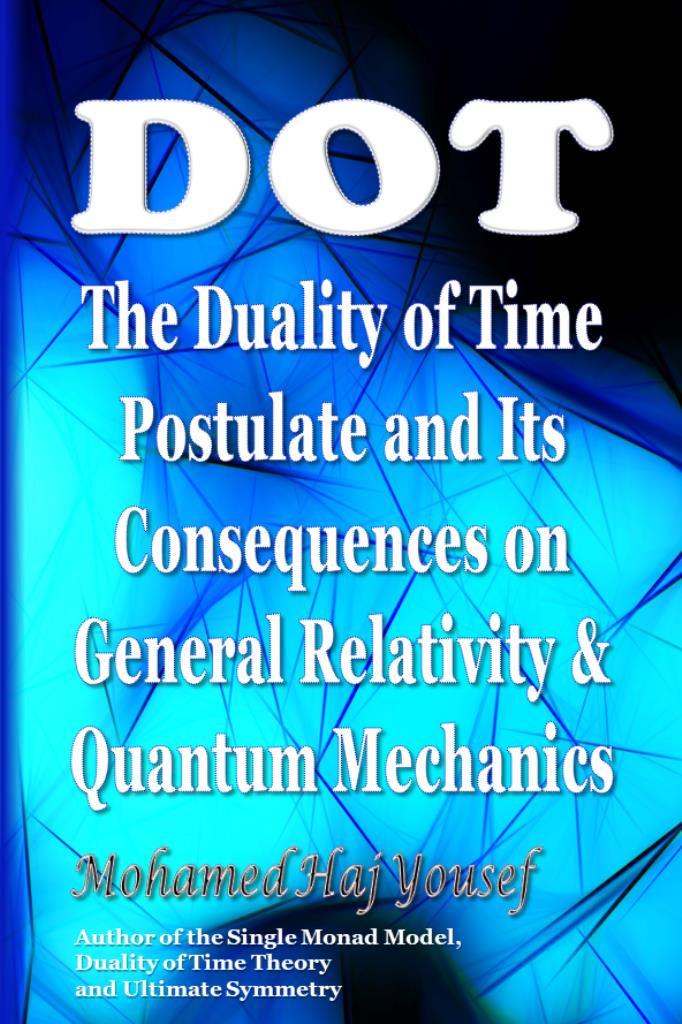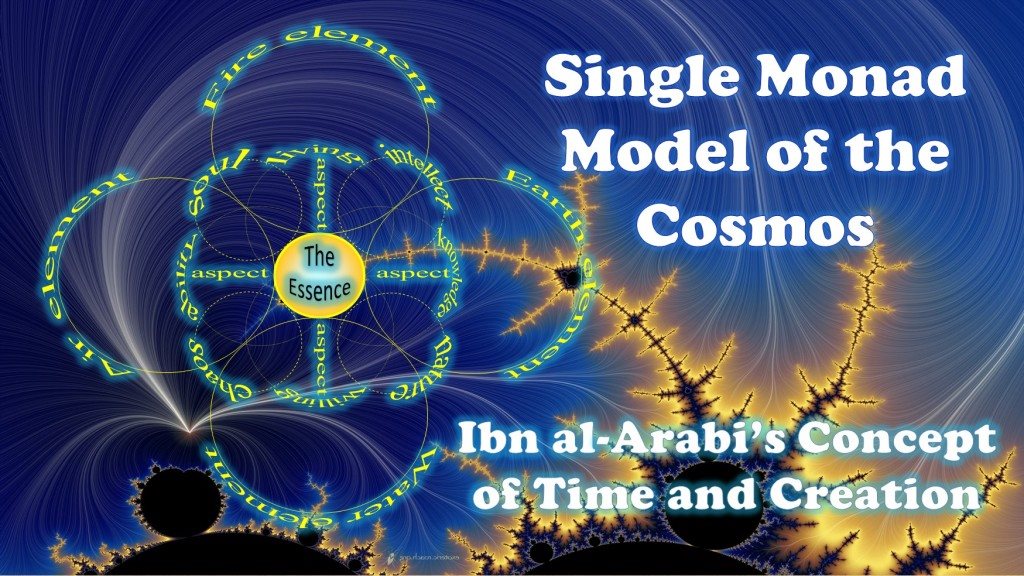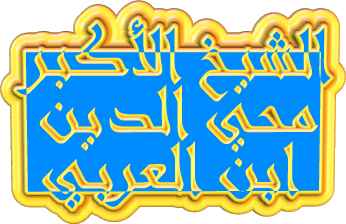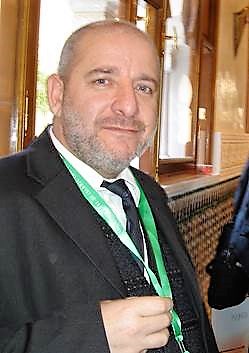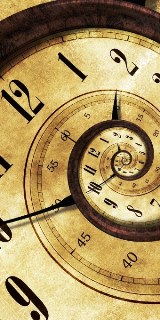Chapter 1: Time and Cosmology in Philosophy and Science
“The Moving Finger writes;
and, having writ, ...
Moves on: nor all thy Piety nor Wit, shall lure it back
to cancel half a Line.
Nor all thy Tears wash out a
Word of it.” Omar Khayyam, trns. Edward Fitzgerald
“Allah, the Exalted, has two
lights; one by which He guides, and one to which He is
guiding. For this reason, the heart has two eyes: the first is for insight,
and that’s the Knowledge of Certainty, while the other is the Eye (or
Essence) of Certainty. ... When these two lights meet, the human will be
able to observe the Kingdom of Heavens and Earth, and realize the Secret of
Destiny and how it is ruling over the creations.” Ibn al-Arabi, Al-Tadbirat
Al-Ilahiyaa, ch. 18
The questions of space and
time have been the subject of philosophy, physics and cosmology for many
centuries, with little progress in finding convincing answers. The question:
“What is time?” is more like the question: “What is love?” , because it is
something that everybody can feel, but no one can give an exact definition
of it. If you ask this question to many people, you will certainly get as
many answers. St. Augustine, in his Confessions, asks, “What is time?” When
no one asks him, he knows; when someone asks him, however, he doesn’t know
(EP, “Time” , VIII, 126).
Since the age of Homer, the
Greek word “chronos” was used to refer to time. Chronos was a Greek god who feared that his sons would take over his kingdom, so he ate them one after the
other—just like time, which brings things into existence and then overtakes
them.
Understanding time was very
important for early civilizations from both the practical view, where they
needed to anticipate major events such as floods and harvest time, and from
the philosophical view, which is based on sheer curiosity and love of
knowledge. Many religions and ancient philosophies, therefore, have tried to
answer some questions about time. Some of these religions and philosophies
consider time circular with no beginning or end, some consider it linear
with infinite extension in the past and in the future, and others consider
it imaginary, while real existence is for motion or moving bodies only.
The concept of time is
necessary when we ask about the chronological order of things and the
duration of events. And because our life is full of events of all types, so
time has its signature in all aspects of life. Some examples are: the aging
process in biology, timekeeping in mechanics, the arrow of time and entropy
in thermodynamics, and the radically varying psychical time that one feels
when waiting for something or in other various circumstances. Therefore, in
order to understand the reality of time, one needs to explore many closely
related fields like physics, biology, psychology and cosmology.
In recent centuries, with the
revolutionary new concepts in physics and cosmology in addition to the
unprecedented advancements in modern technology, increasing accuracy of time
measurement became very important because it is the reference for the extremely
complicated motions, of the different parts of a machine for example, that
have to work together in coherence. The critical importance of timing events
both on Earth and in space was enhanced by precise time-keeping machines
like electronic clocks, atomic clocks, and pulsars which are fast-rotating
stars that emit short radio pulses at regular intervals with extremely high
precision. But despite the new abstract concepts about time like “time
travel” and the “curvature of time” brought about by the theory of
Relativity, our modern concept of time has usually remained quite practical
because everything has to be done according to the clock. In fact, the
modern theories of physics and cosmology have added more questions and
paradoxes about time than they were able to answer.
In general we can detect two
major opposing views in the philosophy of time:
1- the rational (realistic)
view based on the physical understanding of the world, and 2- the idealistic
view based on metaphysics.
Rationalists believe that the
mind is the most powerful force of man and is able to understand everything
in the world, while the idealists consider the world, including time, as
something beyond the capabilities of our minds. Because nothing, including
time, exists independent of the mind, the idealist believes that time is a
construct of the mind and doesn’t have a separate reality.

